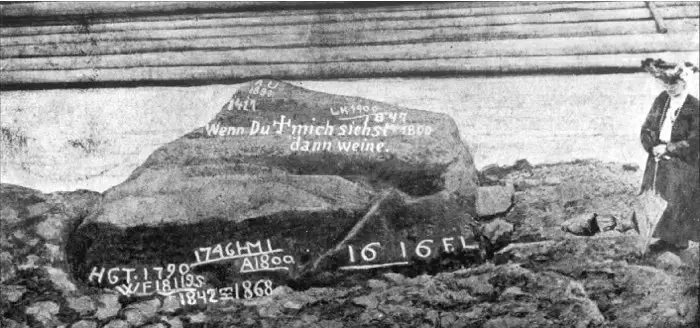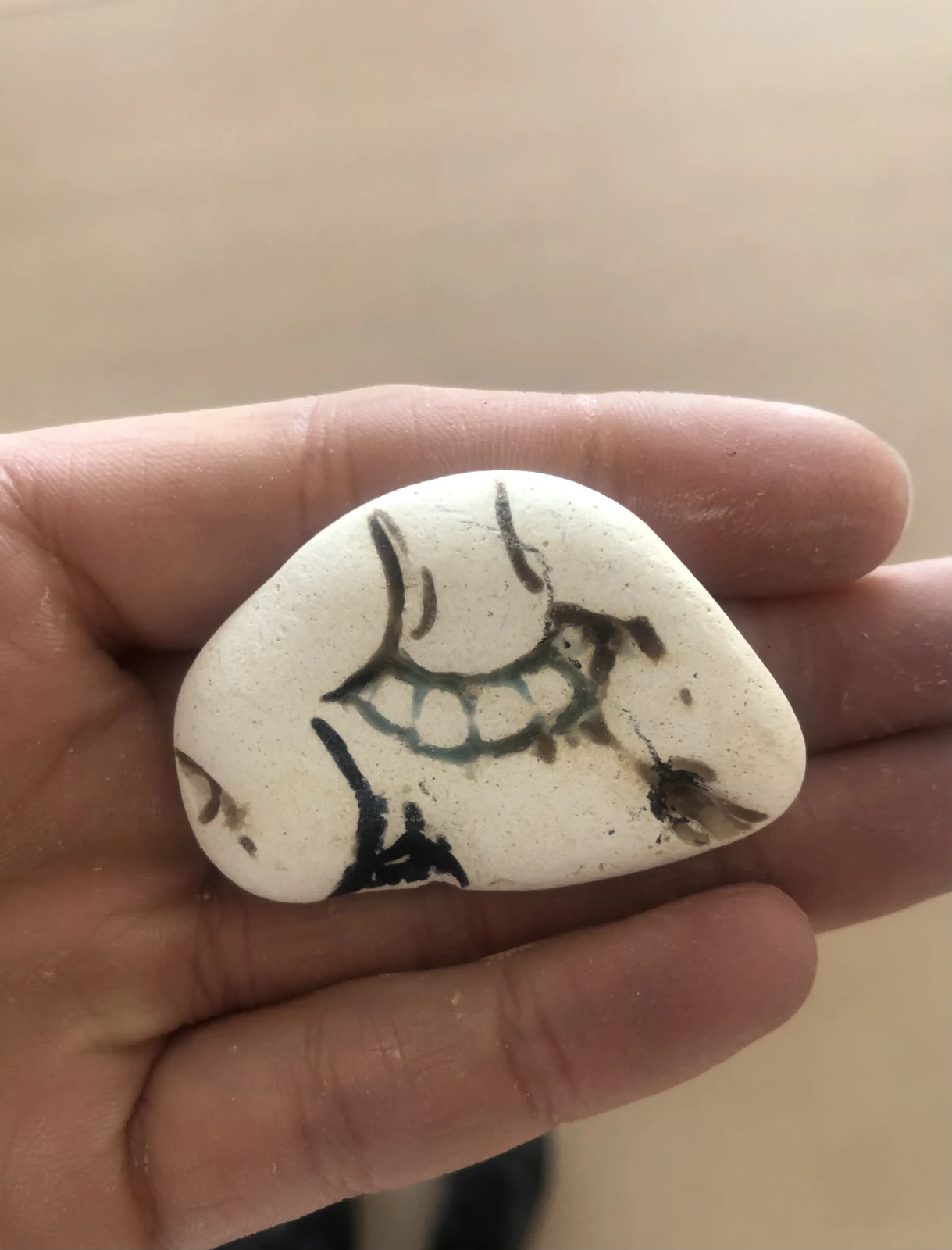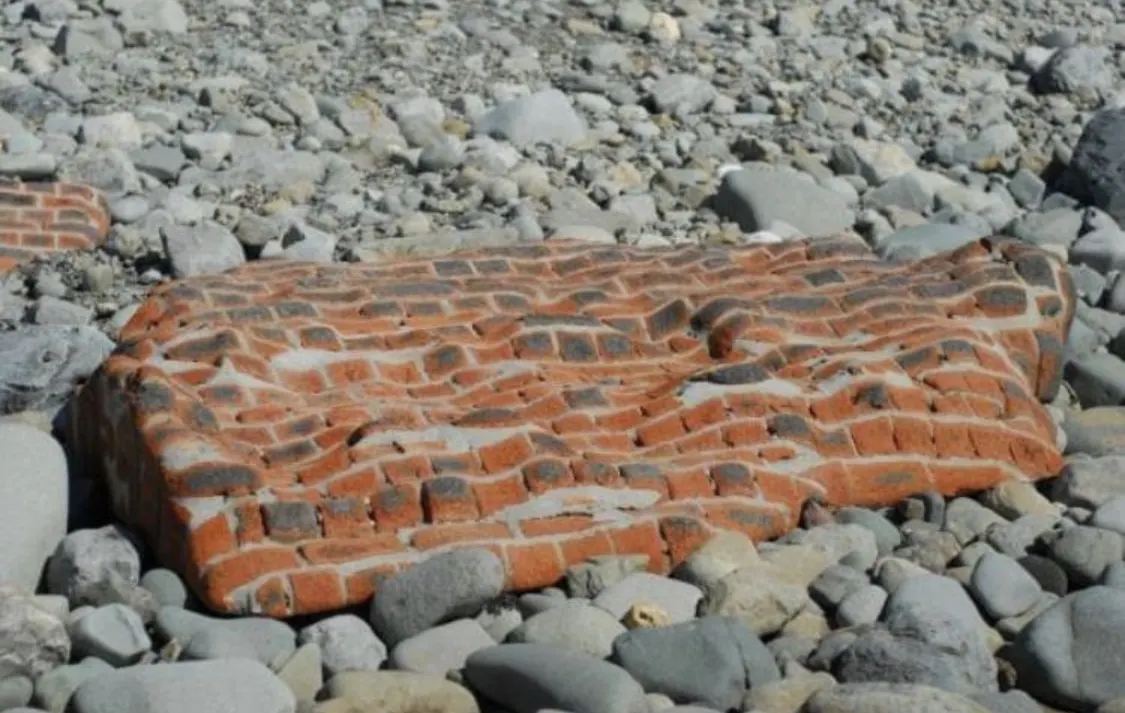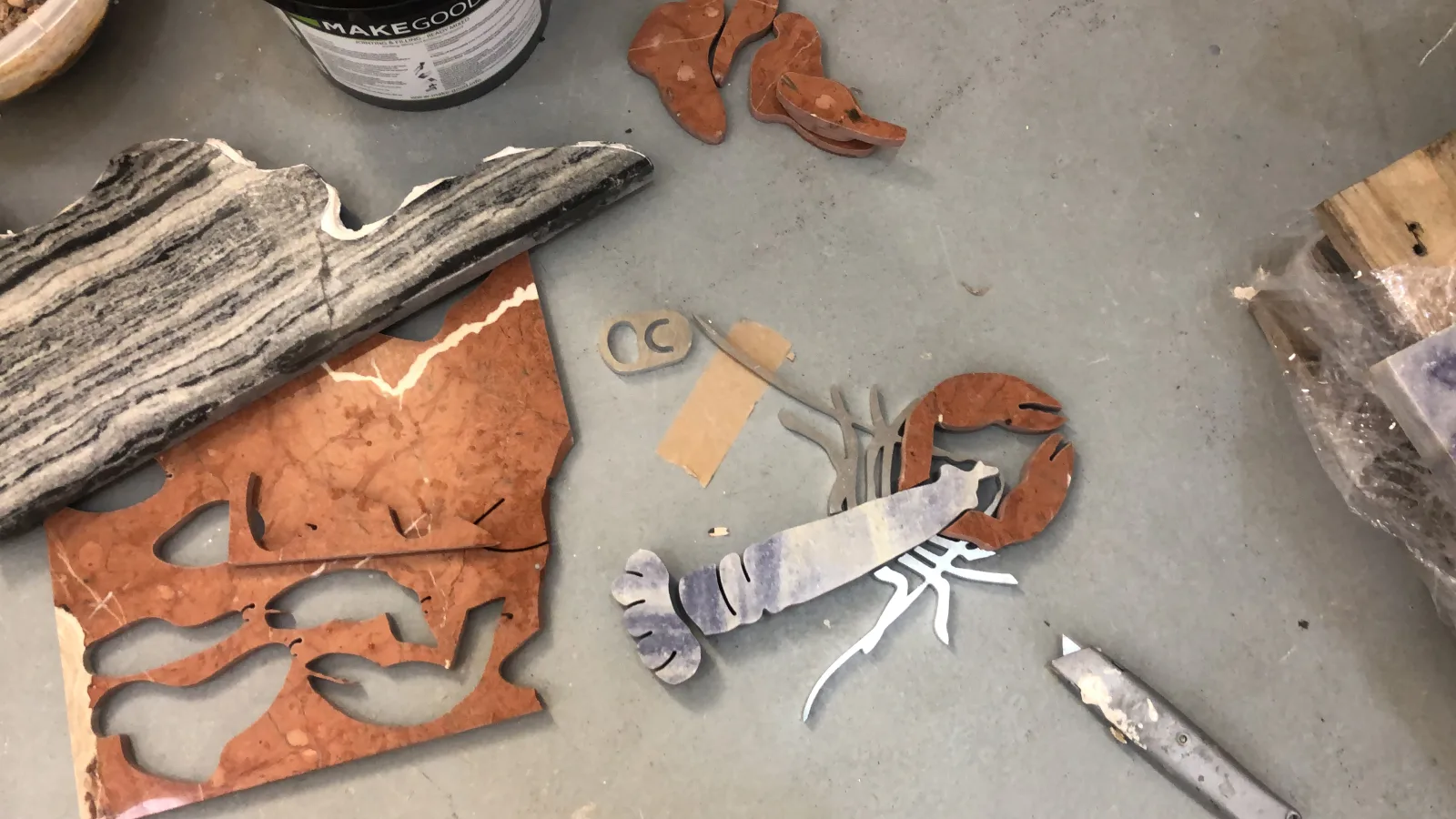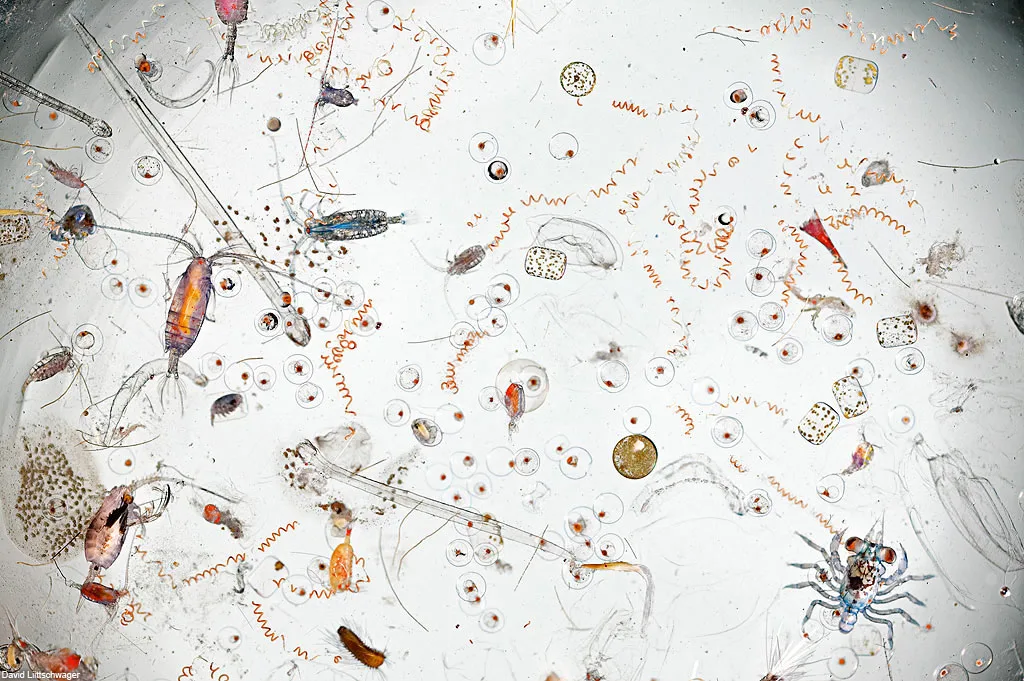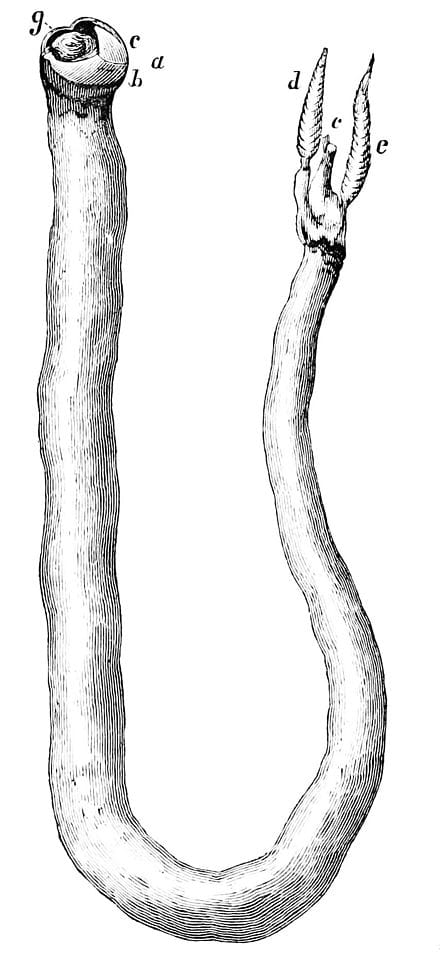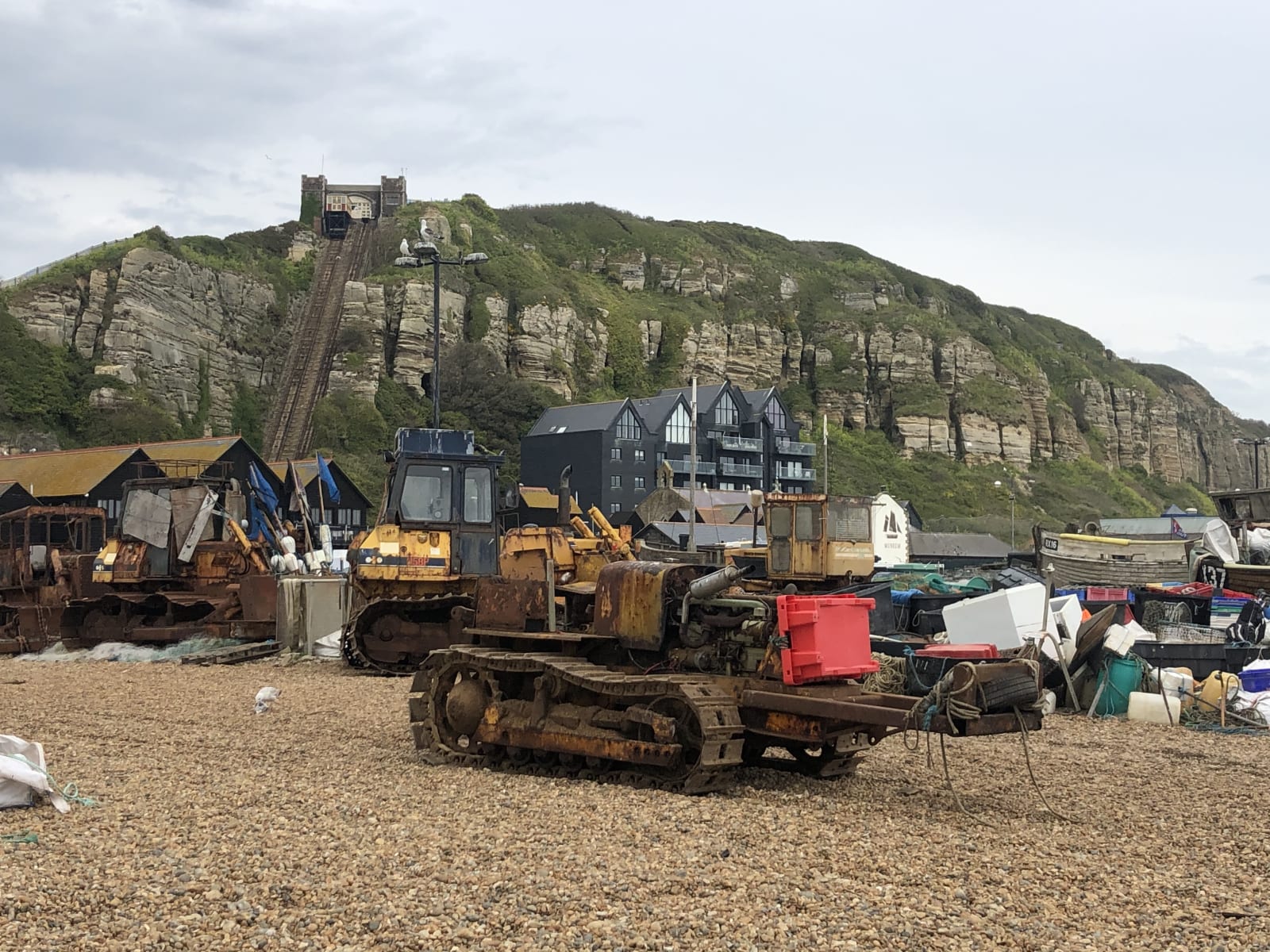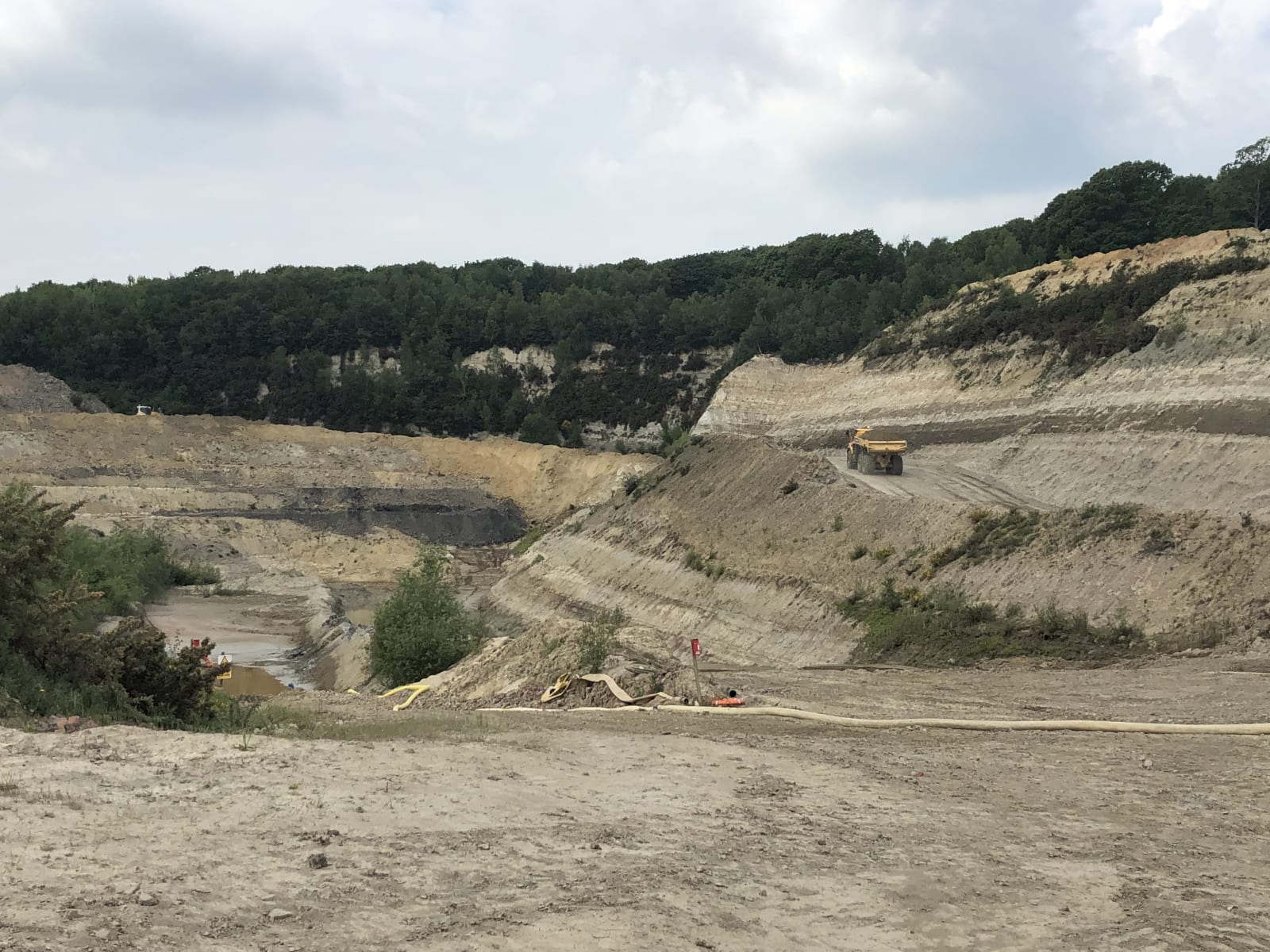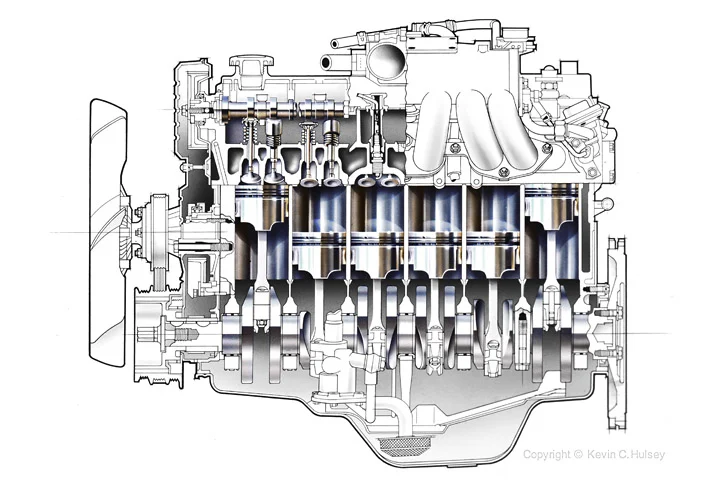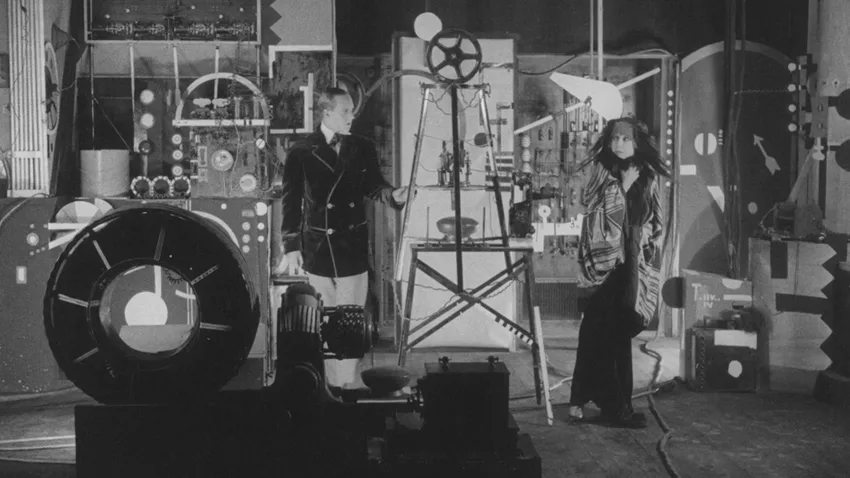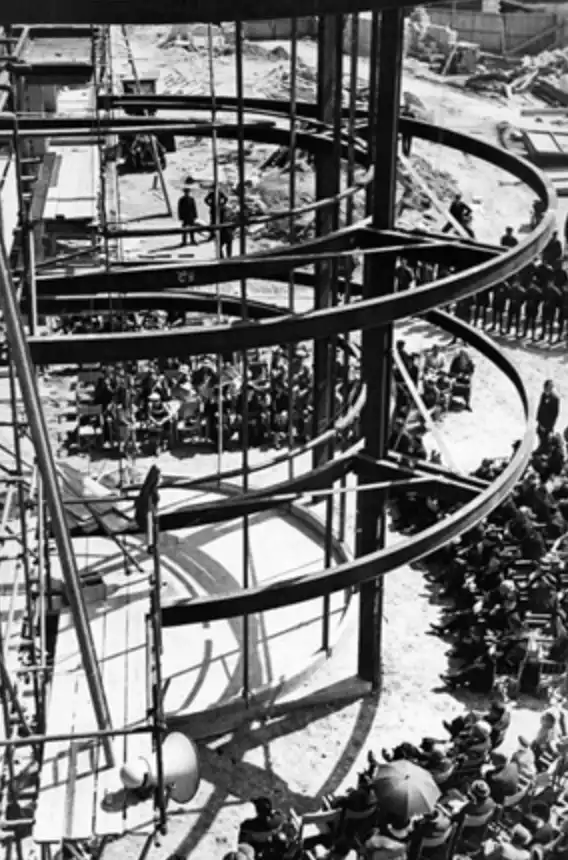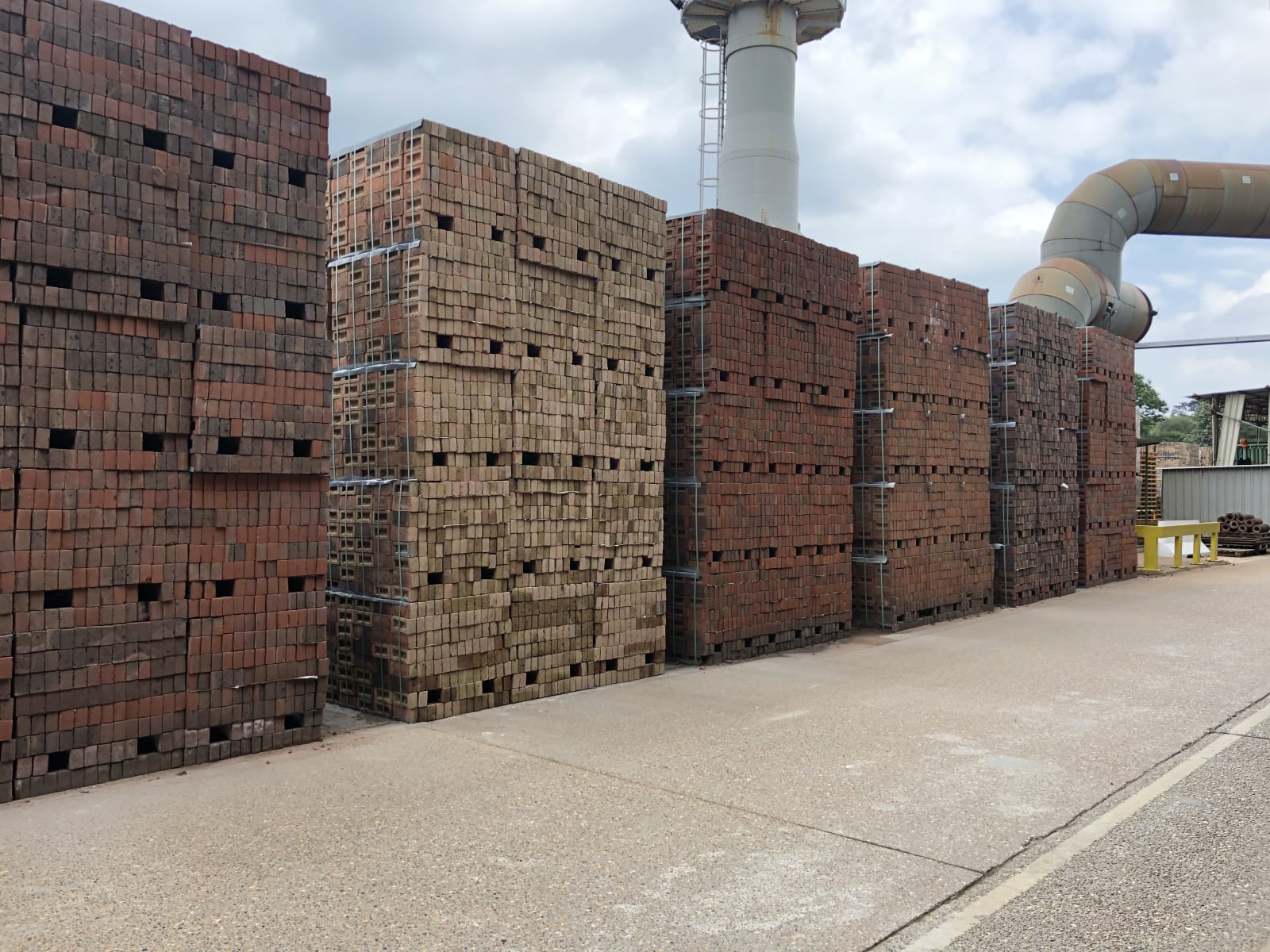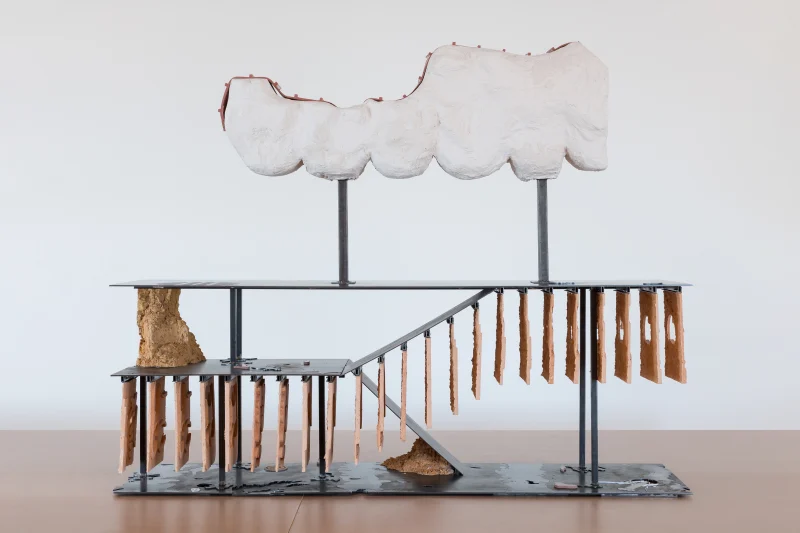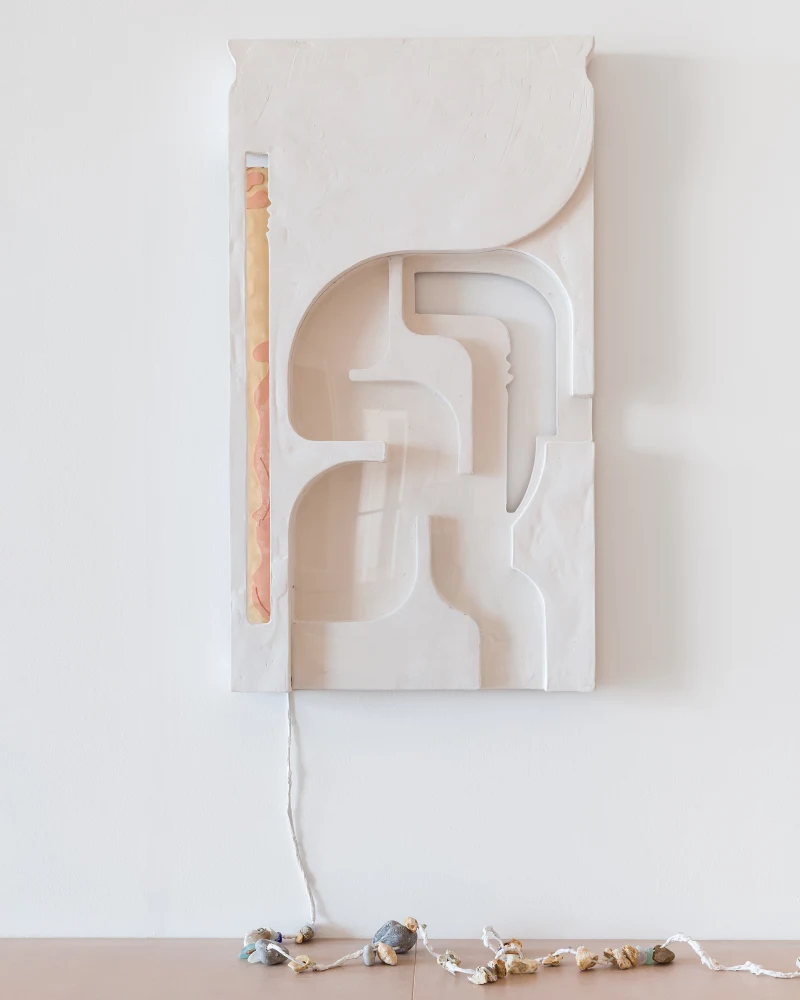
Holly Hendry: Indifferent Deep
Overview
While Indifferent Deep and Invertebrate expose the process of bodies, machines and buildings consuming and being consumed, they also prompt us to consider what forms of regeneration and renewal can emerge as a result.
Holly Hendry imagines the De La Warr Pavilion being chewed up. Almost 100 years ago, in 1923, its architect Erich Mendelsohn spoke about machines and buildings as part of a network of ‘organisms’ that continue to evolve according to human need. Altering in relation to their surroundings, living organisms grow, consume energy and decay: the Pavilion’s position on the coastline is vulnerable due to rising sea levels, and rough sea winds can erode the clean lines of its modern structure. Extending Mendelsohn’s idea, Hendry visualises the De La Warr Pavilion’s ‘body’ becoming porous before dissolving into its surroundings. Invertebrate’s journey will tear holes in the gallery’s walls, revealing the Pavilion’s fragility and making it into a vessel whose leaks and holes cause artworks, the building and its surroundings to appear and disappear from view, while blurring the boundaries between ‘inside’ and ‘outside’.
Hendry will create an environment in the gallery using sheets of MDF donated to the artist from a building project that was halted because of COVID-19. She will also incorporate waste aggregate from Bexhill’s nearby brickworks, excavated from ground rich in fossils. By focusing on the building industry’s leftovers, Hendry highlights the unimaginably vast cycle of production in which the earth’s ancient resources are endlessly processed and spat out.
Hosted within this environment are a series of semi-figurative sculptures, some of which move. Different concepts of time have informed many of the works, including short, miniature changes within our bodies, hydrological cycles and deep, geological time periods spanning millions of years. A number of sculptures refer to anatomical illustrations that show the inner, digestive workings of the human body, described by physician Fritz Kahn (1888-1968) as "the most competent machine in the world”; but in Indifferent Deep, some of these machines are sad, exhausted or defunct. Other works refer to technologies such as the X-ray. Architectural historian Beatriz Colomina has proposed that the X-ray’s development in the late 19th/early 20th century inspired the transparent, glass-filled aesthetic of Modernist architecture. She also observes that light, airy surroundings without clutter were recommended for recovery from tuberculosis, which, in the early 1900s, was a leading cause of death in the Western world.
Invertebrate is a major outdoor commission presented in collaboration with England’s Creative Coast as part of Waterfronts: a landmark series of seven outdoor art commissions that celebrates and connects the creative coastlines of East Sussex, Kent and Essex.
While Indifferent Deep and Invertebrate expose the process of bodies, machines and buildings consuming and being consumed, they also prompt us to consider what forms of regeneration and renewal can emerge as a result.
De La Warr Pavilion
Marina, Bexhill-on-Sea
East Sussex, UK
TN40 1DP
Installation Views
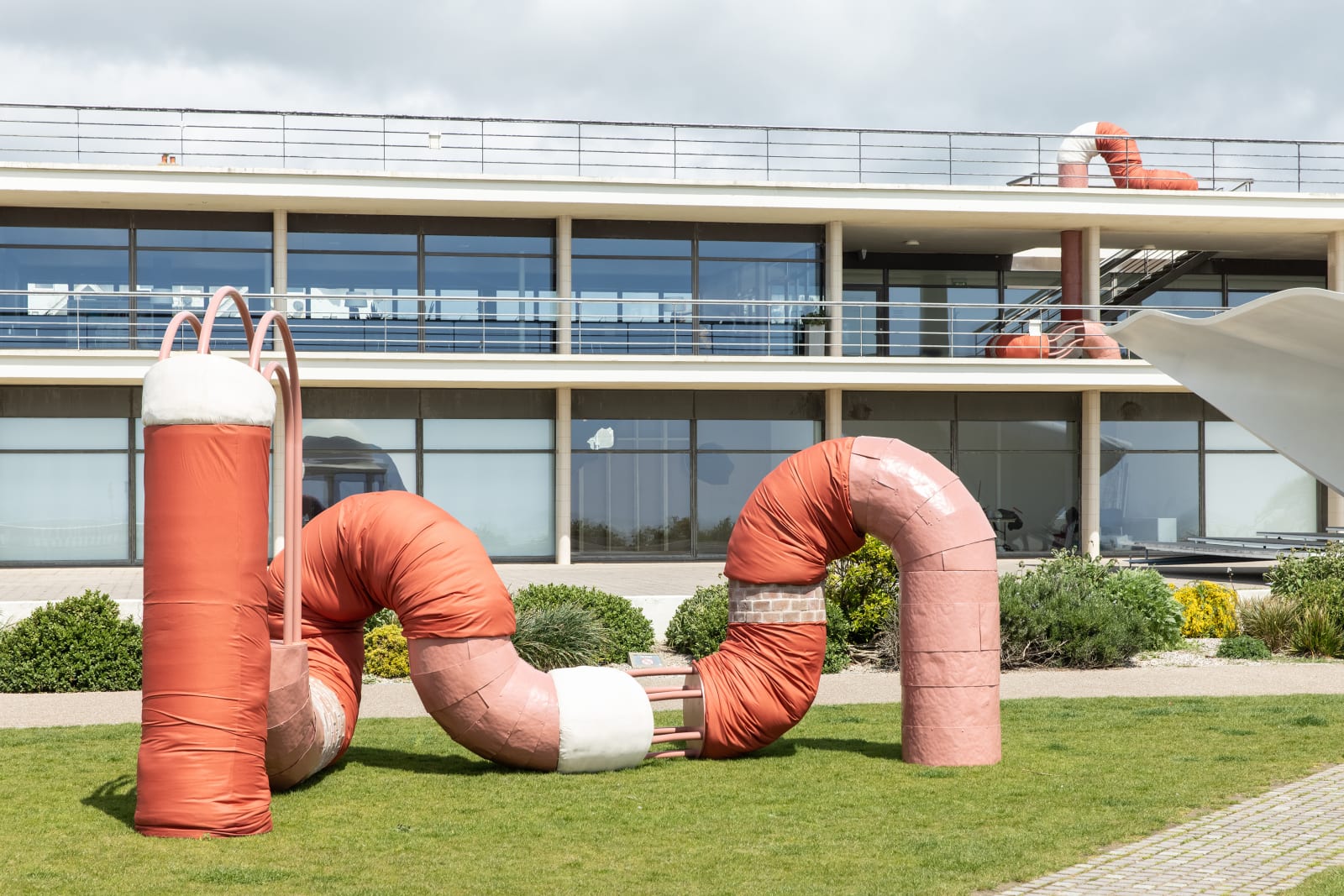
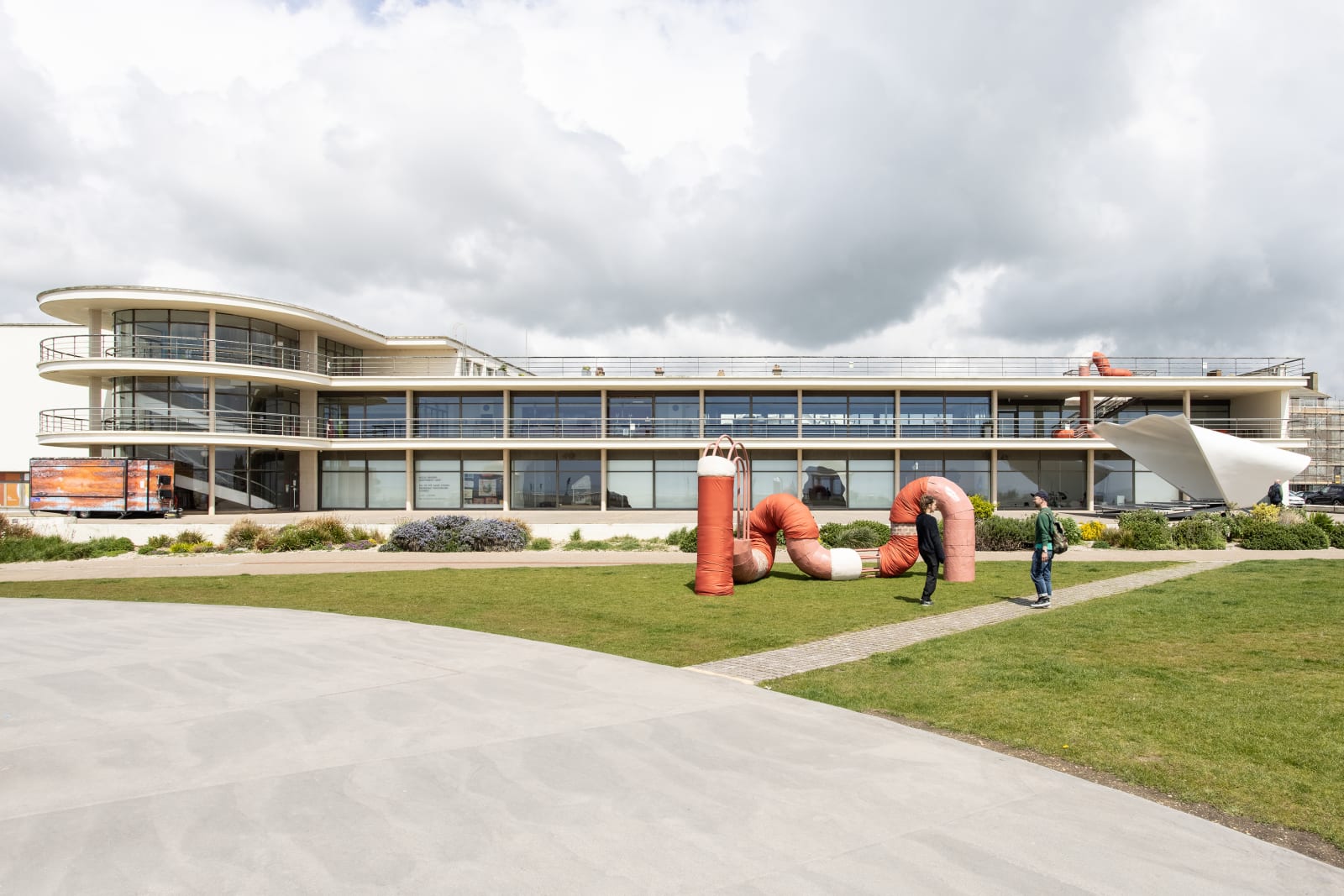
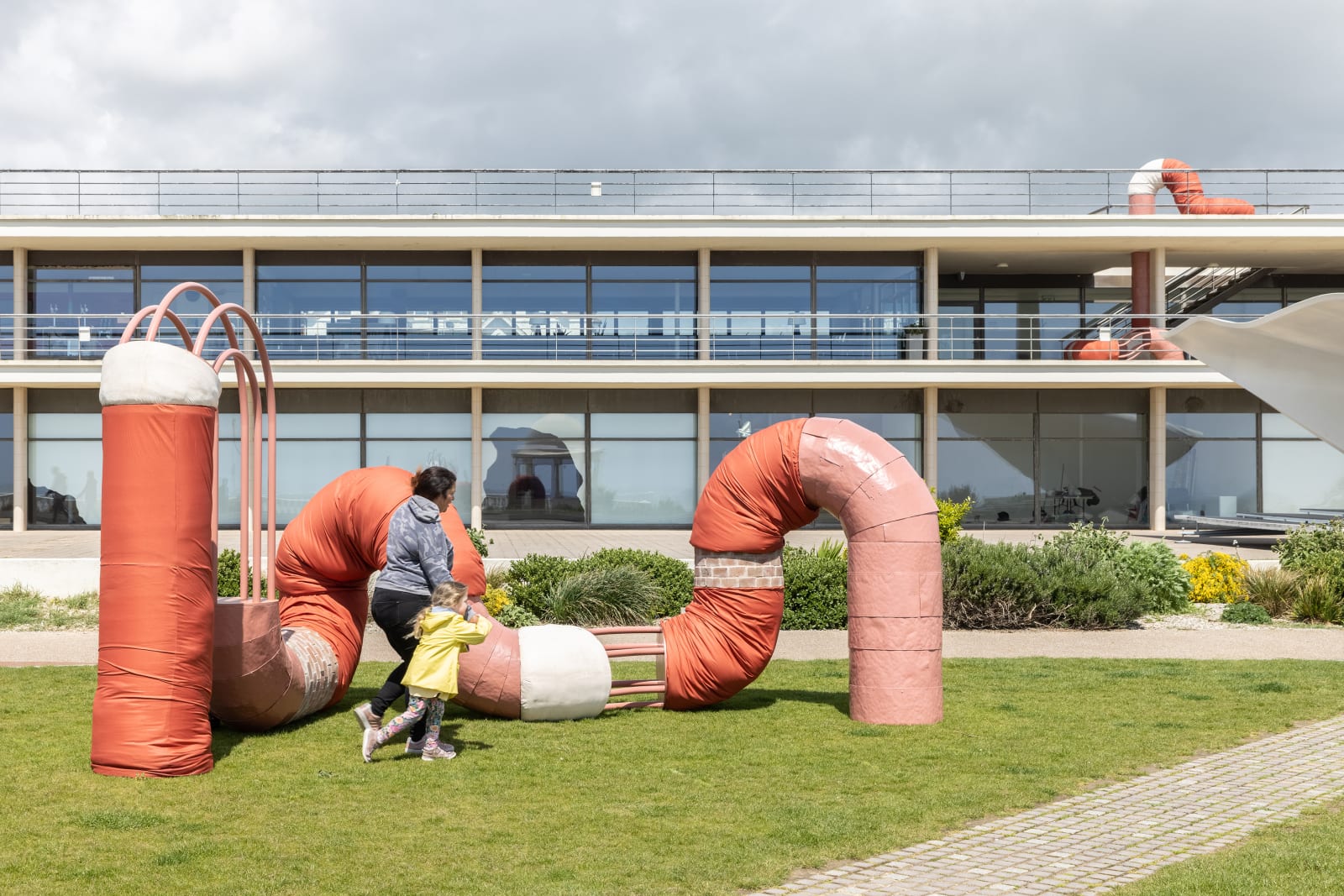
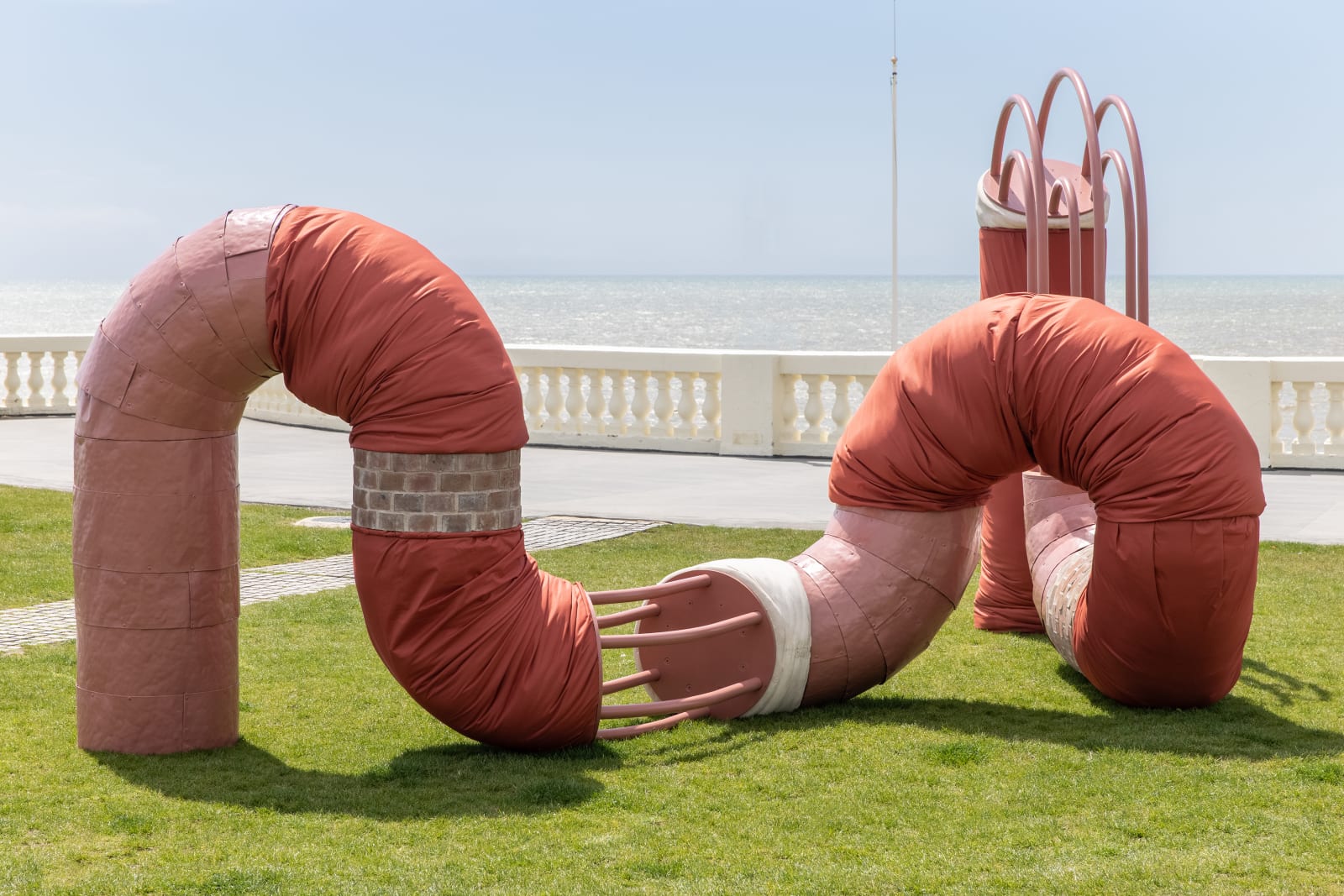
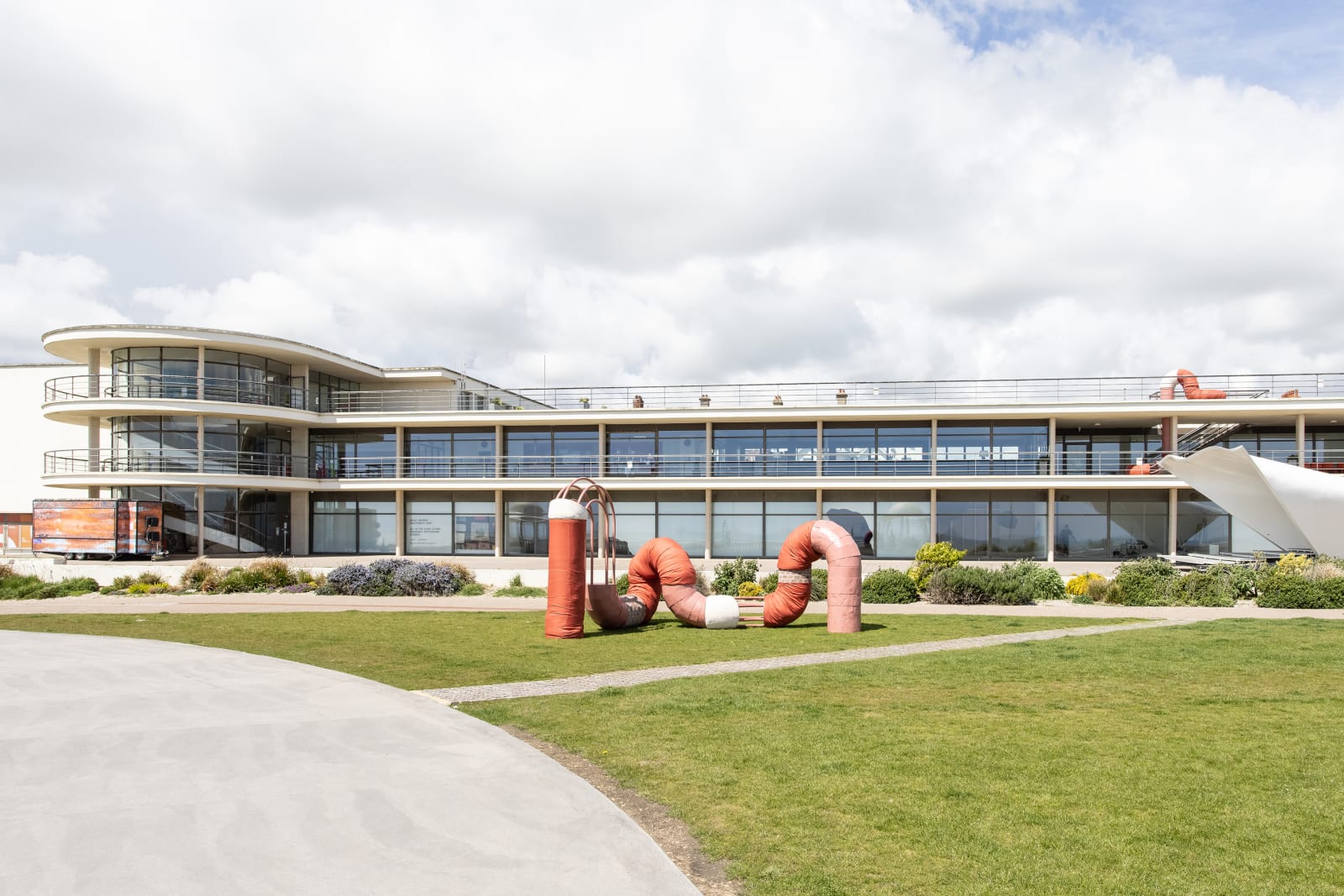
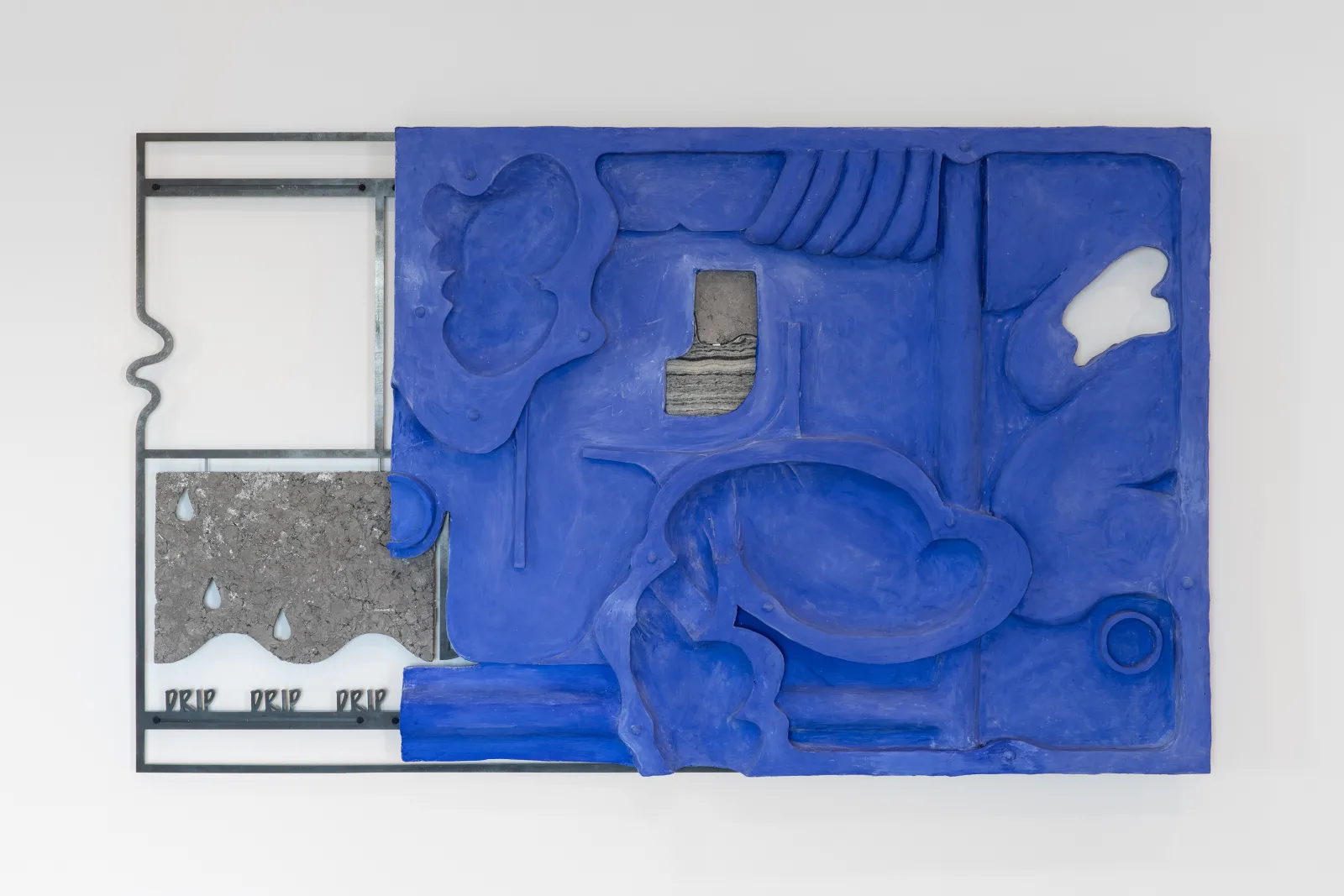

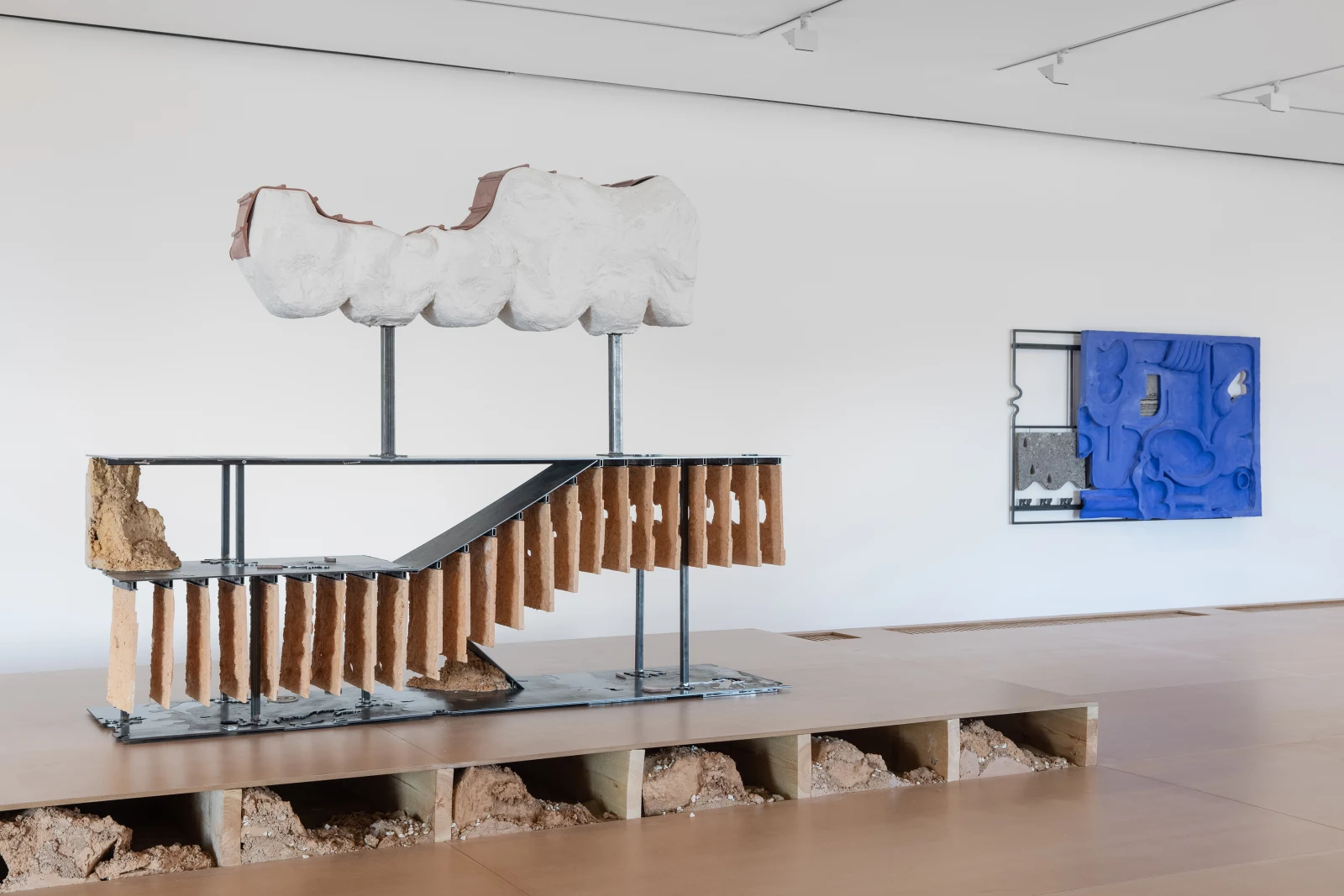
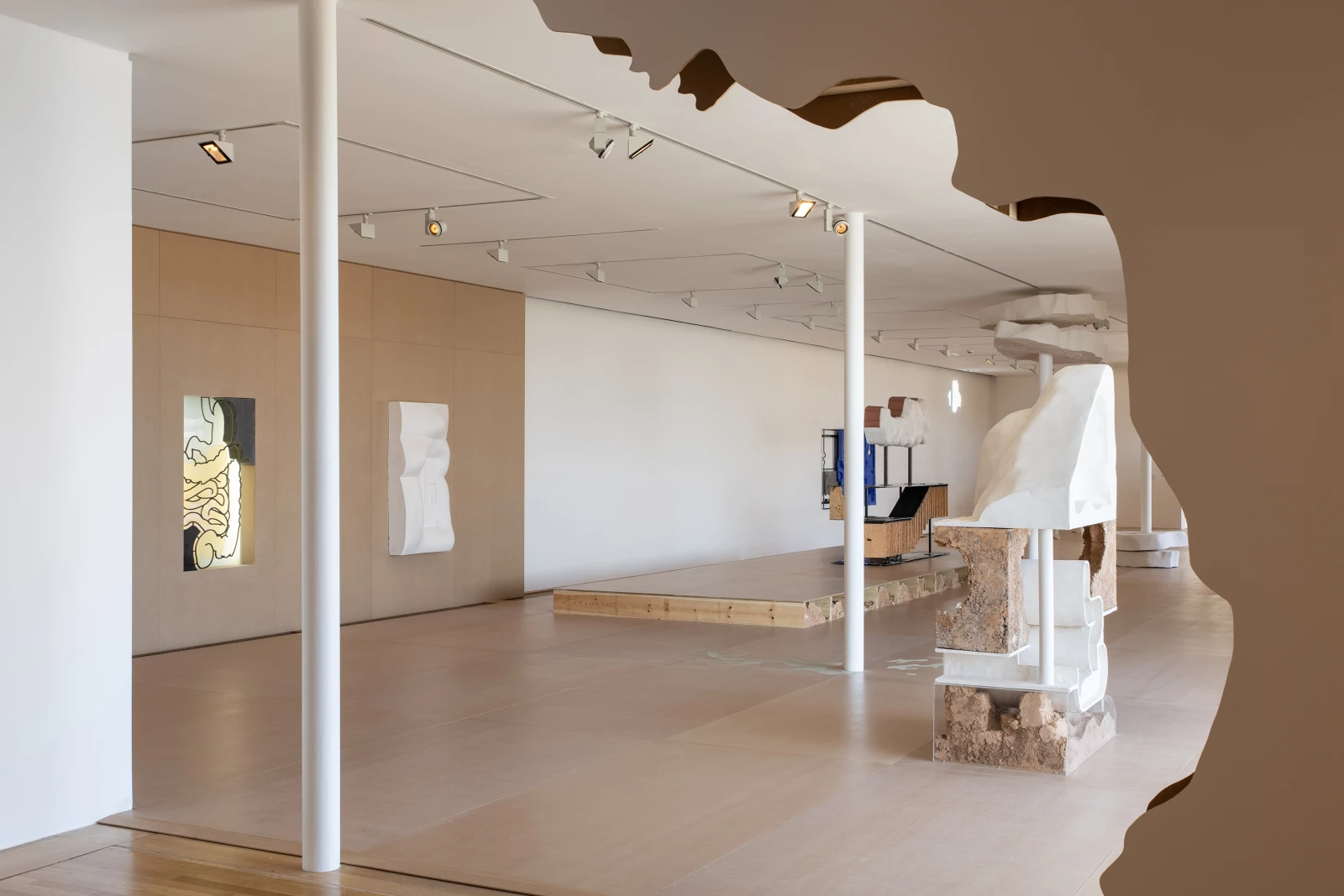
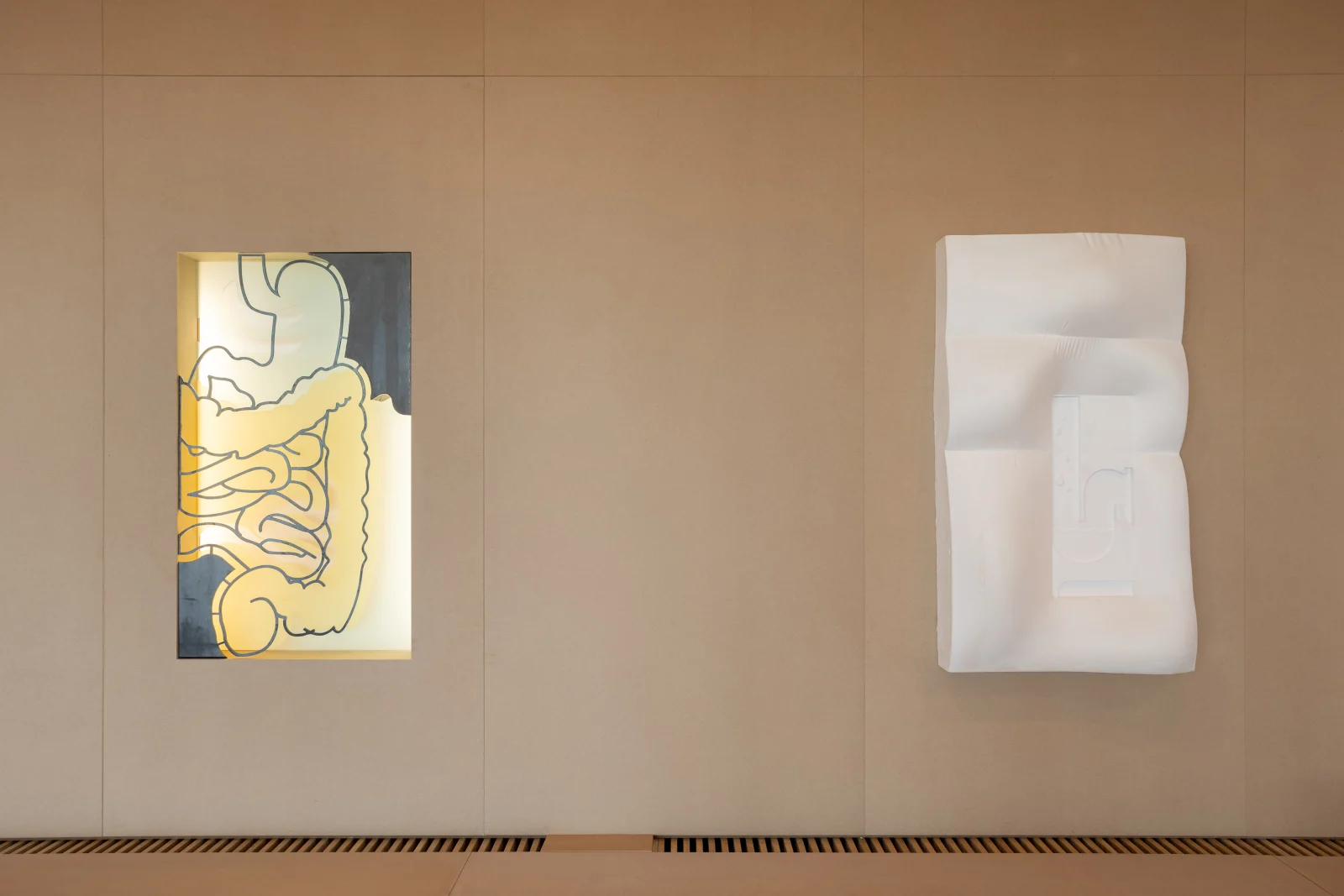
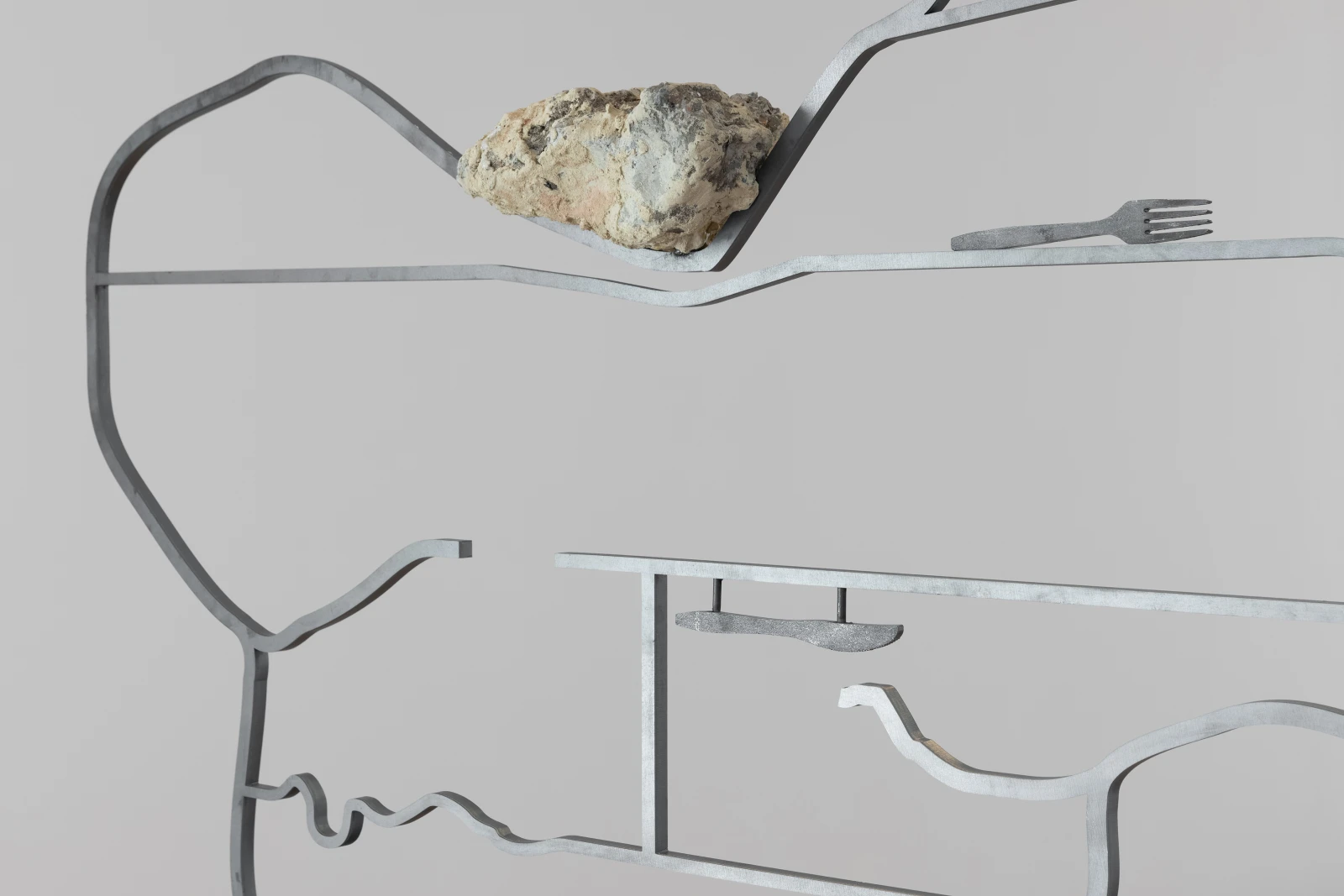
Selected Artworks
Research Imagery
